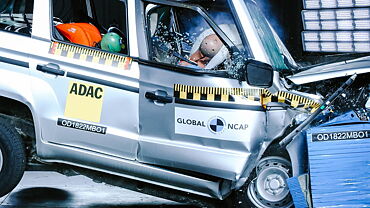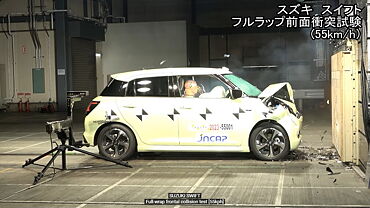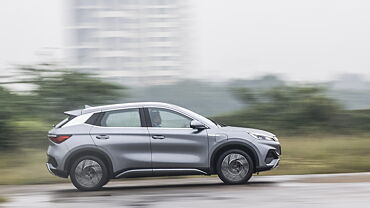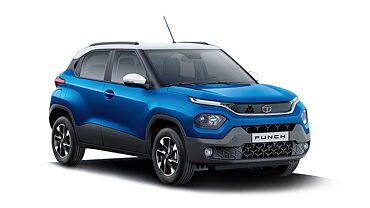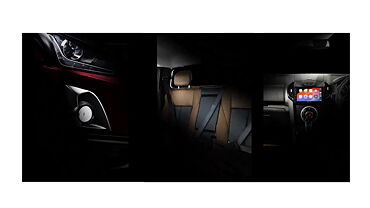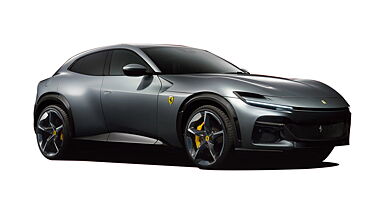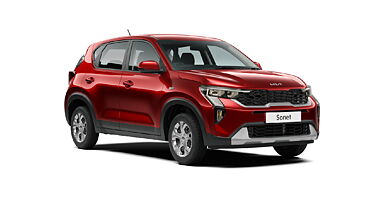Indian car makers have faced a huge shortfall in annual sales during the 2012-13 fiscal. This decline has been witnessed in this decade for the first time. Global auto makers based in India were initially bullish about growth in the sector, but adequate growth has not taken place to justify investments.
Problems that have compelled the Indian auto market to fall include rising fuel prices, high rates of interest on vehicle loans and overall economic gloom. Instead of an industry which was rapidly growing at over 30 per cent and strongly competing against China, it has now turned into one with huge discounts, non-selling vehicles and overproduction. However, based on long term potential, companies such as Ford and Volkswagen AG would definitely not want to quit the country. It is a question of using the best strategies to tide over difficult times in the Indian auto market. This could possibly mean that though companies would remain in the market, proposed economic expansion plans may be shelved. Commenting on the same, R. C. Bhargava, Maruti Suzuki Chairman said, “Everything has slowed down by two to three years.” He further added, “Everybody has to consolidate their operations, look how to manage with less, do more with less. This recessionary period will force people to be more efficient.”
In the current year, without stabilisation in interest rates or improvement in economic conditions, vehicle sales in India will continue to remain low. Speaking about the future situation, Rakesh Srivastava, Senior Vice President of Hyundai Motor India said, “In the absence of any positive stimulus and sentiments. We foresee the pressure on volumes to continue until there is significant improvement in macro-economic factors." Hyundai has been able to cope well with the situation, experiencing flat growth. But companies such as Toyota, Volkswagen, General Motors and Ford have witnessed number go down by almost 20 per cent.
As a silver lining, sales of entry level sedans and Utility Vehicles (UVs) have gone up. From April to August of 2012, UV sales have increased by 57.03 per cent to a substantial 2.08 lakh units. During this period, the passenger vehicle market rose by only 7.42 per cent, up to 10.5 lakh units. In addition, sales of off-road vehicles and crossovers increased by almost 50 per cent over the last year. However, on the negative side, under utilisation of capacity can be seen from the fact that the new exclusive Tata Nano factory in Gujarat produced only 1,282 cars, as against an annual capacity of 250,000 units.
Among the various auto manufacturers, Tata Motors suffered the most, with sales going down by 30 per cent during FY 2012-13. Anticipating a rise, capacity in factories was ramped up by most companies, but with inadequate sales, it is lying unused. Supporting the above statement, it is reported that average utilisation levels stand marginally below 55 per cent.
Looking at the current market scenario, industry experts believe that it will take a long time for sales to normalise again. It would be helpful if the Government can put certain strict measures (like low vehicle interest rates) in place to revitalise the industry.




